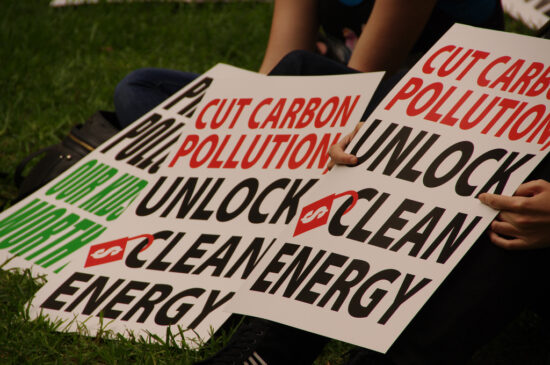
The announcement was made Sunday, November 2, 2014, in Copenhagen by the United Nation’s (UN) panel on climate science. The report is assembled in the fourth and final installment in a climate assessment, written by the Intergovernmental Panel on Climate Change (IPCC). At the report’s launch, UN Secretary-General, Ban Ki-moon said, “Science has spoken. There is no ambiguity in their message. Leaders must act. Time is not on our side.” The assessment’s findings are not entirely surprising. It’s a compilation of three reports made in the past year, but together, it gives a more direct look at man’s impact on climate change, and the efforts needed to reverse it.
Homes, cars, and corporations would all need start operating on renewable resources, and new technologies would need to be developed to facilitate a global shift, changing the face of our planet and challenging modern human culture at its core. The IPCC’s report stated that emissions, caused mostly by the burning of fossil fuels, will most likely need to be completely eliminated by the end of this century in order to keep our planet from burning. Failure to do so could set the world on a path of “irreversible” damage to both our environment and our bodies.
Certain aspects of climate change have already been observed. Our sea levels have risen, our water is warmer, our glaciers are melting and suddenly “hot” has become so much hotter. Keeping our planet at a safe temperature would require a major shift in human behavior. “All we need is the will to change, which we trust will be motivated by knowledge and an understanding of the science of climate change,” stated Rajendra Pachauri, IPCC chairman.
The UN will continue a series of climate negotiations next month in Lima, Peru, before concluding with a global warming summit in Paris in 2015. It’s at the last summit that a global decision for the future of our climate will be reached.
(Photo courtesy of Richard Potts)
Comments